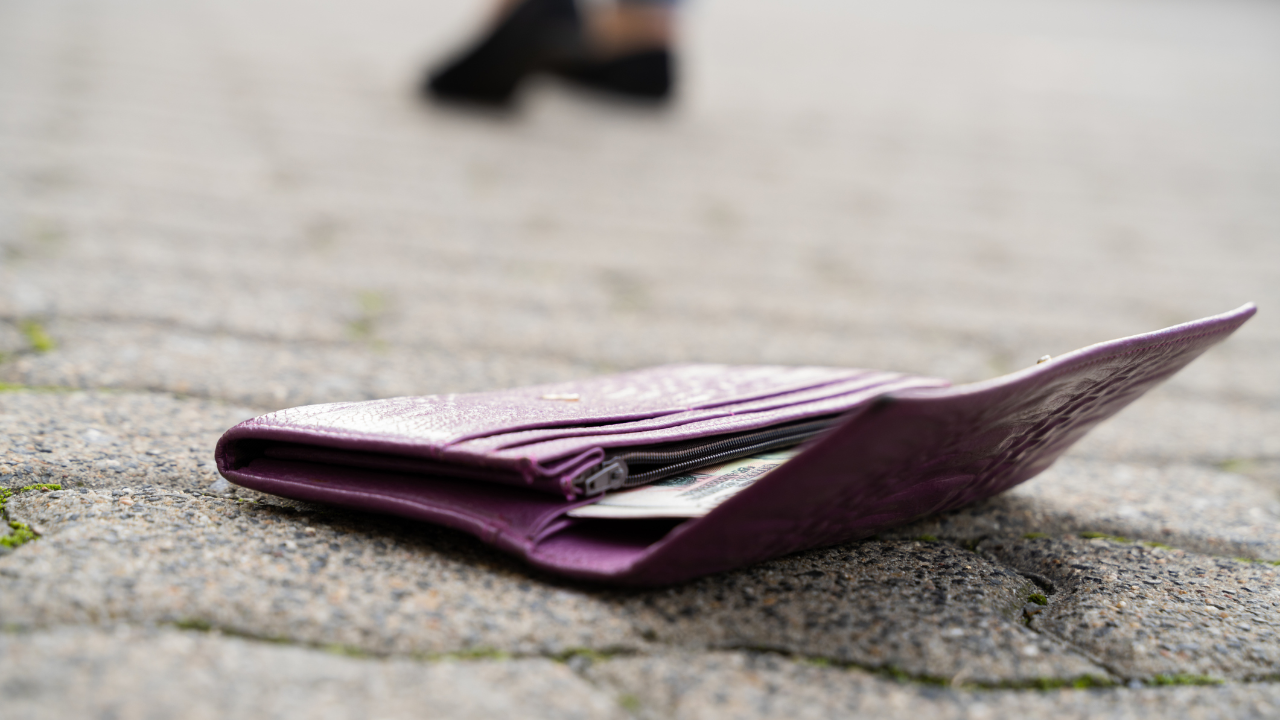How to activate a credit card

Key takeaways
- Activating your credit card allows the issuer to confirm that you’ve received the card and allows you to start using it for purchases.
- You can usually activate your credit card online, over the phone or through your issuer’s mobile app.
- Many credit cards will come with activation instructions or a sticker with a QR code or website to visit, but if you need help with the process, you can simply call the number on the back of your card.
Before you can use your new credit card or replacement card, you need to activate it.
Why is credit card activation so important? When a credit card issuer sends you a credit card through the mail, there’s no guarantee that the credit card will reach the right person. If you recently moved, for example, your credit card could be sent to a previous address by mistake. Your credit card could also be stolen before it has the chance to reach you — a rare occurrence, but not impossible.
Completing the activation process verifies your identity and ensures the credit card has reached its rightful owner. This quick, easy step helps protect both you and the credit card issuer from credit card fraud, which can damage your credit score.
But how do you activate a credit card? Most credit card activation processes can be completed online or through a mobile app, although you can also activate your credit card by phone.
Here’s what you need to know about credit card activation:
Activating your card online, by phone or by mobile app
Most major credit card companies make it simple to activate a credit card. Your new credit card may come with a welcome letter explaining the activation process, or there may be a sticker on your card with an activation phone number and website address.
Keep in mind: If the sticker is missing or there’s no letter — or if you still have questions about the activation process — you can always call the customer service number on the back of the card.
Once you’re ready to activate your credit card, you’ll have to go through two major steps: verifying your identity and verifying the card details.
In the first case, you may need to provide basic identifying information such as your name, your Social Security number and your date of birth. In the second case, you may need to provide basic credit card information such as your credit card number, the card verification value (CVV) and the credit card PIN.
Here are the basic steps for each credit card activation process:
How to activate your credit card online
If you already have an account with the issuer, follow these steps:
- Log into your credit card account. You can often streamline the process by logging in to your credit card account first, even if the issuer doesn’t require it.
- Follow the issuer’s activation instructions. By logging into your account, you shouldn’t have to go through a lengthy identity verification process, meaning you’ll save some time overall.
If you don’t yet have an account with the issuer, follow these steps:
- Visit the activation website listed in your issuer’s letter or on the card’s sticker. Many credit card issuers offer activation websites that don’t require you to log in to an account first.
- Follow the prompts on the activation website. You might have to verify certain identification details or card details before you can activate the card. Some credit card issuers will also require you to set up an online banking account at this point.
How to activate your credit card on a mobile app
- Download the mobile app onto your phone. If you already have the mobile app, you should see a prompt to activate your card. If you don’t have it, you might be able to scan a QR code on your card’s sticker or in your issuer’s letter to prompt a download.
- Verify your card information through the app. Some credit card mobile apps allow you to use your phone’s camera to verify and activate your card, saving you the trouble of entering your credit card information manually. Others will need you to input a code or verify your identity in some way.
How to activate your credit card by phone
- Call the number on the activation sticker attached to your card. If the credit card issuer doesn’t provide a separate activation phone number, call the number on the back of your card.
- Be ready to provide basic information that will verify both your identity and the credit card you received. This might include your Social Security number, the card’s CVV and so on.
Bankrate’s take: You should always be cautious when providing your SSN or other identifying information over the phone. Your bank will not call you to ask for this information — you have to call first. So, if someone calls you claiming to be from your bank, simply hang up and call the number on the back of your card to be safe.
Tips for activating your credit card by issuer
Although most credit card issuers allow you to activate your card through nearly the same process, each issuer still has their own rules they want you to follow.
The following issuer-specific information can help you figure out how to activate your card:
After you activate your card
After you activate your new credit card, you’ll want to start using your credit card responsibly. Here are some tips to help you get the most out of your new line of credit:
- Decide how you’re going to make purchases on your credit card without going into credit card debt. By only making purchases that you can afford to pay off in full, you’ll not only save money on interest charges but can also improve your credit utilization ratio and your credit score.
- Understand your credit card’s rewards structure. What kind of purchases earn the most cash back, points or miles? Knowing how to get the most out of your credit card rewards — whether you’re earning or redeeming them — can save you a lot of money over time.
- Take advantage of your card’s welcome bonus. Earning your welcome bonus, also called a sign-up bonus, is one of the best ways to collect valuable credit card rewards. You’ll want to budget out your spending to hit your welcome bonus requirements without going into debt.
- Use your credit card grace period to avoid paying interest. If you pay your statement balance in full before your grace period expires, your credit card issuer likely won’t charge interest on new purchases. Once you miss a payment or begin carrying a balance on your card, however, your grace period disappears, and your card issuer will begin charging interest on both your current balance and new purchases.
- Make on-time payments every month. If you do end up carrying a balance on your new credit card, you can still maintain good credit by making on-time payments every month and paying off your balance as quickly as possible. You should also avoid missing payments and maxing out your credit card, both of which can do serious damage to your credit score.
The bottom line
Activating a credit card is quick and easy — and once you know how to activate a credit card, you can complete the process in just a few minutes. If you have any concerns or issues with the activation process, you can always contact your credit card issuer’s customer service department. Most credit card issuers have multiple customer service options, including phone, email and chat options — but be careful when providing identifying information to a representative. When in doubt, call the number on the back of your card.
By activating your new credit card as soon as you receive it, your card issuer will know that you have the card, which can help them prevent credit card fraud on your account.
Once you’ve activated your new card, use your credit card responsibly to maintain good credit, earn credit card rewards and avoid going into credit card debt.
Frequently asked questions about activating your credit card
The Bank of America content in this post was last updated on April 24, 2025.
Why we ask for feedback Your feedback helps us improve our content and services. It takes less than a minute to complete.
Your responses are anonymous and will only be used for improving our website.







